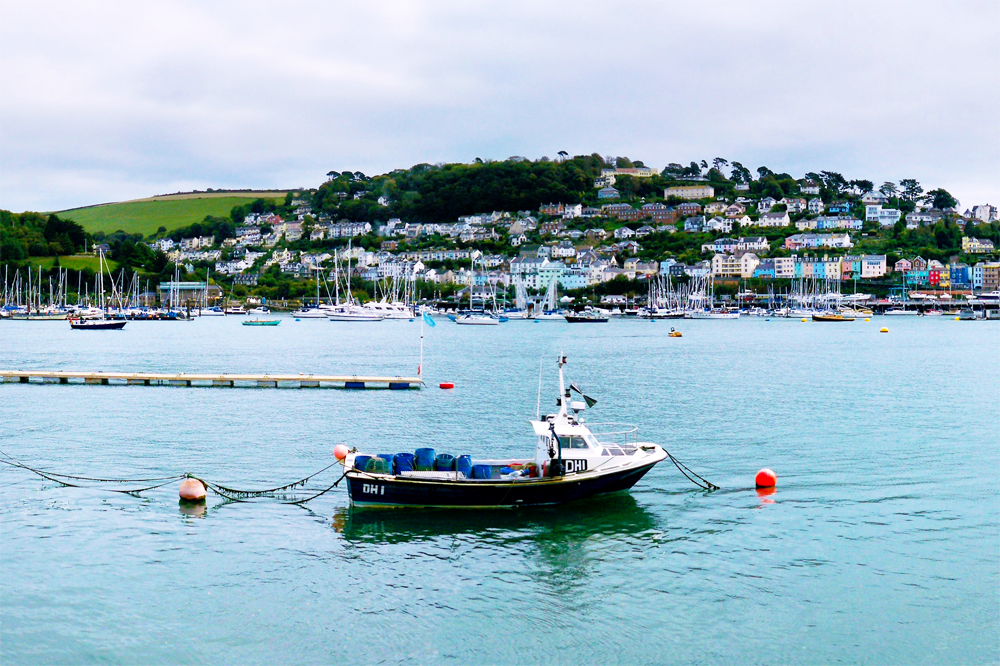Story
Marine environment vital for UK economy
20 July 2020
A new approach to understanding the UK’s marine economy changes our understanding of its importance, suggesting that its contributions are double those previously estimated, highlighting the strength of its leisure and recreation sectors and improving our ability to link nature to its economic benefits.

The UK’s marine and coastal environment is an important economic asset, but in order to manage and make policy for it, more information is needed about marine economic activities.
At the moment, it’s difficult to quantify some marine sectors and to separate them from activities on land. This means that the current size and structure of the UK’s marine economy is largely unknown.
The recent study, led by researchers at PML, University of Exeter, and University of the West of England, took a systematic approach to quantifying this important area of the UK economy, capturing all the activities happening within and depending upon marine and coastal environments.
It found that the UK marine economy actually contributes double what previous estimates have suggested, possibly affected by changes in the structure of the marine economy partly due to the expansion of offshore wind energy.
Marine and coastal leisure and recreation sectors, which were thought to be small economic contributors, are the second largest sector in the UK marine economy and account for the largest number of jobs, the study suggests.
The approach used in this research, an input-output analysis, has been used elsewhere to study the marine economy, but has never been used in the UK to systematically measure the value of all marine area economic activities or to separate these out from published economic data.
Demonstrating the feasibility of this technique for assessing the marine economy has some important consequences for marine policy making. It can act as a baseline for ‘blue’ growth initiatives and marine industrial strategy, allowing for comparisons across timescales, and can provide detailed information that is currently lacking in marine planning areas.
It shows that offshore wind had a lower output and value-adding effect than some other forms of energy in 2014, but had a higher effect on employee wages, and will have to be continuously evaluated as more offshore wind farms are constructed and more technologies are sourced domestically.
Crucially, by separating out economic sectors, this estimate can be used to link economic activities with aspects of marine natural capital, connecting the condition of different environmental aspects to the socio-economic benefits they can provide. This approach is integral to UK policy making and the UK’s 25 Year Environment Plan.
Continuing to apply this approach would mean researchers and policy makers can measure the effects of evolving structures and their impact on employment. In future work, this can be refined and updated, applied to regional areas and incorporated into modelling to further understand the important trade-offs between economic output and natural capital production.
Lead author Emily Stebbings, who carried out the research during her PhD studies at PML and the University of Exeter, said: “Our research found that economic activities which rely on the marine and coastal environment contribute considerably more to the UK economy than has been previously thought. Having a better understanding of this contribution helps us to monitor the marine economy and make the best decisions in order to support and protect the marine environment.”
Related information
'The marine economy of the United Kingdom' is published in Marine Policy
This work was funded by a Natural Environment Research Council grant, with additional support from the Marine Management Organisation (MMO).